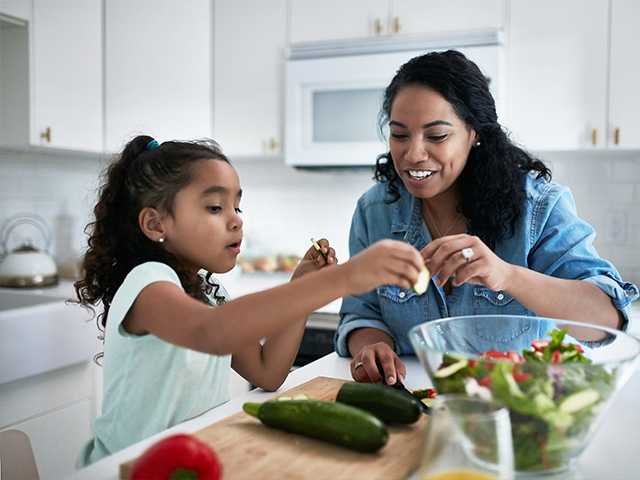Build mental strength
With habits to improve your mental health every day.

Are you fine?
When someone asks how you are, do you answer “fine” knowing there’s more going on beneath the surface? Maybe you’re feeling stress, grief, loneliness, loss or just feeling like you’re in a rut. Maybe you feel depressed or anxious. As a result, you might also:
- Feel tired
- Have trouble sleeping
- Be irritable
- Find it hard to focus or concentrate
- Have headaches or body aches
It's normal.
It’s normal to recognize and even name what you’re feeling, mentally and physically. Everyone will feel and react differently because we’re all human with our own personal stories and challenges, and that’s normal.

You can be more than fine.
Just as everyone’s reactions to depression and anxiety will feel different, feeling “good” is also different for everyone. It’s about starting small and building habits that add up over time. Some days will be better than others. You’ll find that what’s good for your physical health is also good for your mental health (and vice versa).
Take small steps every day to improve mental health.
- Get sleep
- Stick to a schedule
- Connect and spend time with others
- Eat well
- Help someone else
- Try a new activity or hobby
- Stay active
- Limit alcohol and avoid drugs
- Find time for gratitude or meditation

Build a healthy lifestyle
Working to improve your lifestyle can help you increase energy, reduce stress, improve sleep, reduce your risk of illness, and overall just help you feel better.
Lifestyle tips to boost mental health
There’s an abundance of lifestyle tips and resources to boost your mental health and help you take the next best step for you. Every little bit may lead to finding joy, feeling a sense of progress, and finding purpose and personal fulfillment. It’s important not to compare yourself to others. You’ll know (and feel) when you’re making progress.
From cooking to nicotine cessation
Our lifestyle medicine team has programs like cooking classes and free support to help you stop smoking or vaping.
Try lifestyle medicine
Our team of experts focus on the habits that cause disease and prescribe changes in key health behaviors.

